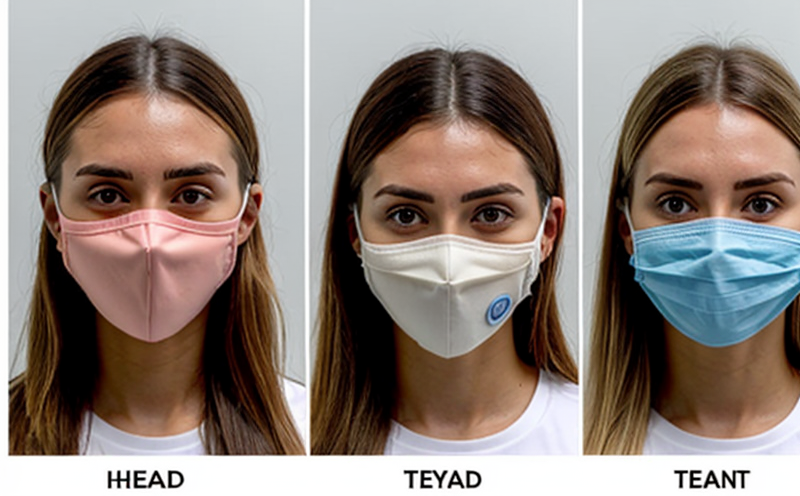EN 172 Sunglare Filter Lens Testing
The EN 172 standard specifies requirements and testing methods for sunglare filter lenses used in protective headgear. These lenses are designed to reduce the harmful effects of ultraviolet (UV) radiation, visible light, and infrared radiation on the eyes and face. This service ensures that the sunglare filter lenses meet stringent international safety standards, thereby protecting workers in various sectors.
The testing process involves several steps aimed at ensuring compliance with EN 172 requirements. Specimens are subjected to a series of tests, including:
- Colorimetry
- Photochromic properties
- Solar transmittance
- UV transmittance
These parameters are crucial for determining the effectiveness of sunglare filter lenses in reducing harmful light exposure. Proper specimen preparation is essential, and this involves ensuring that the lenses meet specific optical criteria before undergoing testing.
The instrumentation used for these tests includes photometers, spectrophotometers, and other specialized equipment designed to measure various light parameters accurately. The results of these tests are meticulously recorded and analyzed to ensure compliance with EN 172 standards.
| Parameter | Description | Test Method |
|---|---|---|
| Solar transmittance | The percentage of solar radiation that passes through the lens. | EN 172-3: Solar transmittance is measured using a solar simulator and spectrophotometer. |
| UV transmittance | The percentage of UV radiation that passes through the lens. | EN 172-4: UV transmittance is measured using a spectrophotometer with a UVA filter. |
| Colorimetry | The color characteristics of the lens. | EN 172-5: Colorimetric properties are determined using a colorimeter. |
| Photochromic properties | The ability of the lens to darken in response to light exposure. | EN 172-6: Photochromic properties are tested under controlled conditions using a photometer. |
Ensuring compliance with EN 172 standards is crucial for protecting workers from the risks associated with excessive light exposure. This service plays a vital role in maintaining occupational safety and health, especially in sectors where prolonged outdoor work or high-intensity lighting conditions are common.
Why It Matters
The importance of this testing cannot be overstated. Sunglare filter lenses play a critical role in protecting workers from harmful light exposure, which can lead to various health issues such as photokeratitis and cataracts. By ensuring compliance with EN 172 standards, we contribute to the overall safety and well-being of workers in high-risk environments.
The testing process not only ensures that the lenses meet specific performance criteria but also helps in identifying any potential deficiencies or areas for improvement. This information is invaluable for quality managers and R&D engineers who are responsible for developing and refining protective equipment.
Compliance with international standards like EN 172 is essential for manufacturers, as it demonstrates a commitment to safety and quality. It also facilitates easier market access in countries that mandate compliance with these standards.
Competitive Advantage and Market Impact
- Enhances brand reputation by ensuring product reliability and safety.
- Aids in meeting regulatory requirements, thereby avoiding legal issues and fines.
- Facilitates easier market entry into countries that require compliance with EN 172 standards.
By offering this service, we help our clients stay ahead of the competition by ensuring their products meet or exceed international safety standards. This not only enhances customer satisfaction but also fosters trust and loyalty among end-users.
The demand for high-quality protective equipment is increasing as more industries recognize the importance of occupational safety. By providing this testing service, we contribute to the overall market's growth and development while helping our clients maintain their competitive edge.
Use Cases and Application Examples
- Outdoor construction workers facing prolonged exposure to sunlight.
- Couriers and delivery personnel who spend extended periods outdoors.
- Military personnel operating in high-intensity lighting conditions.
| Application Example | Description |
|---|---|
| Outdoor Construction Workers | These workers are often exposed to intense sunlight, which can cause photokeratitis and other eye injuries. Sunglare filter lenses help protect them from these risks. |
| Couriers and Delivery Personnel | Workers in this sector spend a significant amount of time outdoors, making sunglare filter lenses essential for their protection. |
| Military Personnel | Military personnel often operate in high-intensity lighting conditions, which can cause eye strain and other health issues. Sunglare filter lenses are critical for protecting them from these risks. |
The use of EN 172 sunglare filter lenses is particularly important in sectors where workers spend a considerable amount of time outdoors or in high-intensity lighting conditions. By providing this testing service, we ensure that the products used by these workers meet the highest safety standards.





